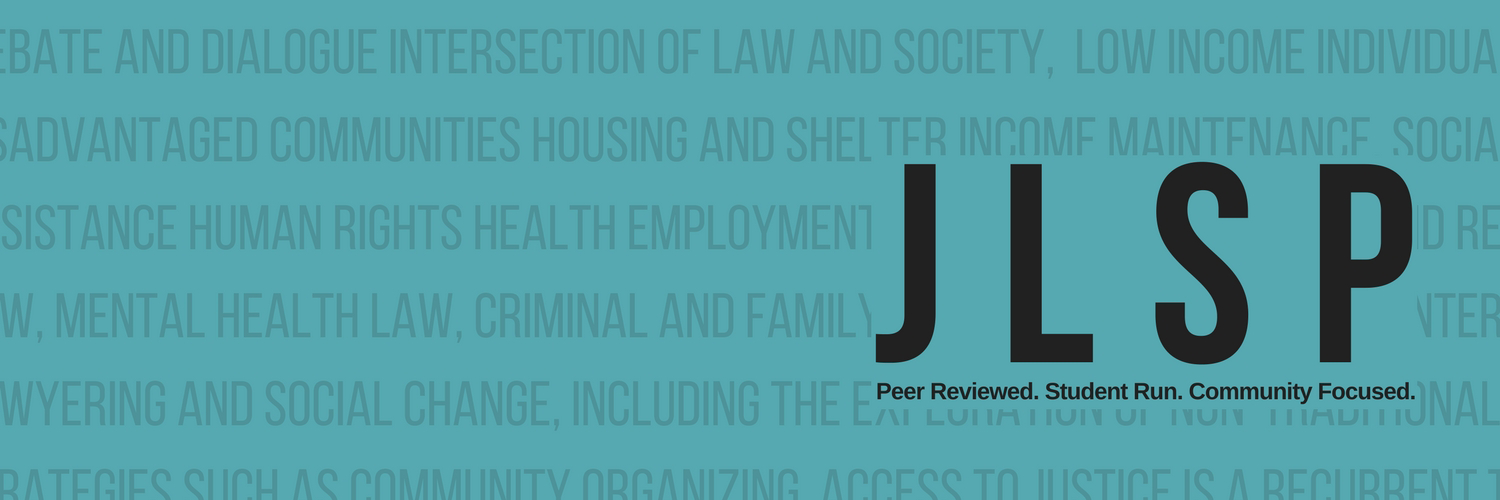
Document Type
Voices and Perspectives
English Abstract
As most of my published papers on gambling in Canada have tended to declare at the outset, a 1969 amendment to the Canadian Criminal Code opened the door to a major transformation in the legal status of gambling in Canada. Prior to this amendment, pari-mutuel wagering on horse racing at race tracks was the only form of gambling legally permitted. Nonetheless, other forms of gambling such as charitable bingos and raffles for the purpose of raising funds for worthy community causes were operated in a grey and fuzzy area of criminal law. Thus, policing authorities through the 20th century often found themselves stymied by the ironic situation of willingly turning a blind eye to formally illegal bingos and raffles organized, conducted and participated in by upstanding members of their communities. Consequently, police authorities in Canada clamoured for greater clarity in the criminal law pertaining to gambling generally. The 1969 amendment was a political endeavor, not only to provide needed clarity but to modernize the law in keeping with changing public moral sentiments toward gambling. The 1969 amendment thus opened the door to legalized charitable “lottery schemes” for the purpose of fundraising in aid of worthy causes. It also opened the door to large-scale lotteries as long as they were “managed and conducted” by Canadian provincial governments.
Citation Information
Campbell, Colin S..
"Fifty Years of Legal Gambling in Canada: So What?."
Journal of Law and Social Policy
30.
(2018): 185-196.
DOI: https://doi.org/10.60082/0829-3929.1328
https://digitalcommons.osgoode.yorku.ca/jlsp/vol30/iss1/10
